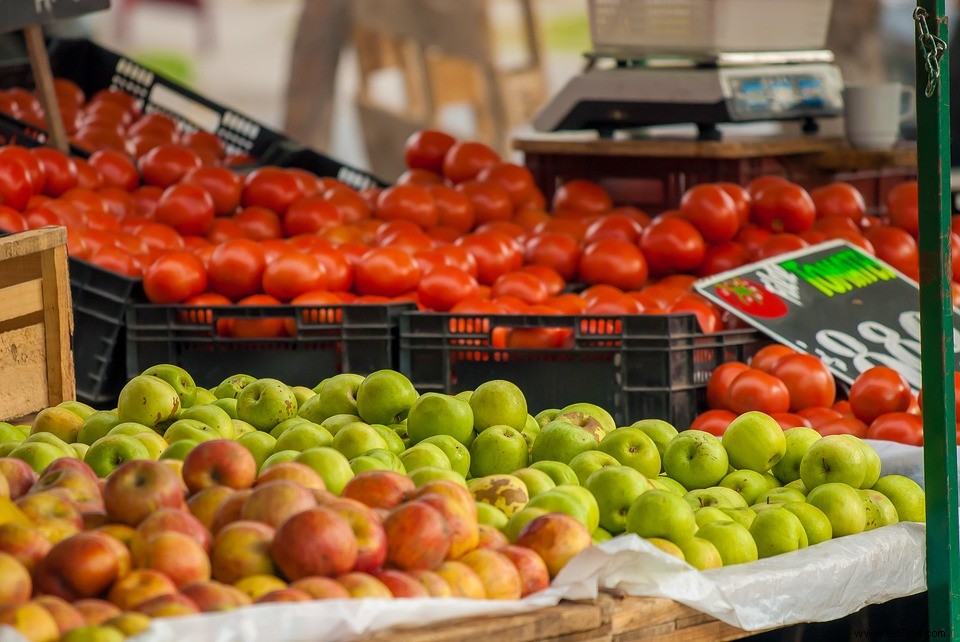In our country, the cultivation of GMO seeds is strictly prohibited. Nevertheless, many of them are paradoxically authorized for import, in particular for human and animal food.
When we talk about agriculture, the first problem we think of is the use of chemicals pesticide type. It must be said that the excesses in connection with Monsanto's glyphosate have been widely reported in the media. However, other fears also concern Genetically Modified Organisms (GMOs). These are living organisms whose DNA has undergone modifications in order to obtain new properties. In France, the cultivation of GMOs is prohibited on the territory , despite the more flexible position of the European Union. Indeed, the EU authorizes, for example, the cultivation of GMO corn MON810 although France has chosen to avoid it.
However, the Directorate General for Competition, Consumer Affairs and the Repression of Fraud (DGCCRF) made some nuances in a press release published on January 5, 2021. According to the investigation, a hundred GMOs in total are authorized on French soil, in particular for human and animal food. These authorizations concern, among others, maize, rapeseed, cotton, soya and sugar beet.
In reality, these are imports of food products, the only legal way for GMOs to enter French soil. However, these imports are authorized by the European Commission which generally follows the advice of the European Food Safety Authority (EFSA), which is generally favorable to GMOs. Let us also mention the fact that if cultivation is prohibited, the seed marketing containing GMOs remains possible, but only for processing purposes.

The DGCCRF stated that it regularly checks food products (or textiles) made from GMOs. However, these must absolutely include a mention intended to inform consumers of this detail. However, this does not prevent certain NGOs such as Greenpeace from strongly denouncing this situation.
“The presence of unauthorized GMOs in seeds, seeds intended for cultivation and the first link in the food chain, can have irreversible consequences for the environment and pose a health risk if their safety has not been assessed" can we read in the document.
Finally, we must remember that today this safety in food has never really been proven. There is therefore no scientific consensus to firmly affirm whether or not they represent a danger. However, let's still mention a study published in 2015 which claimed that tests on GMOs (and pesticides) have been flawed for more than half a century.